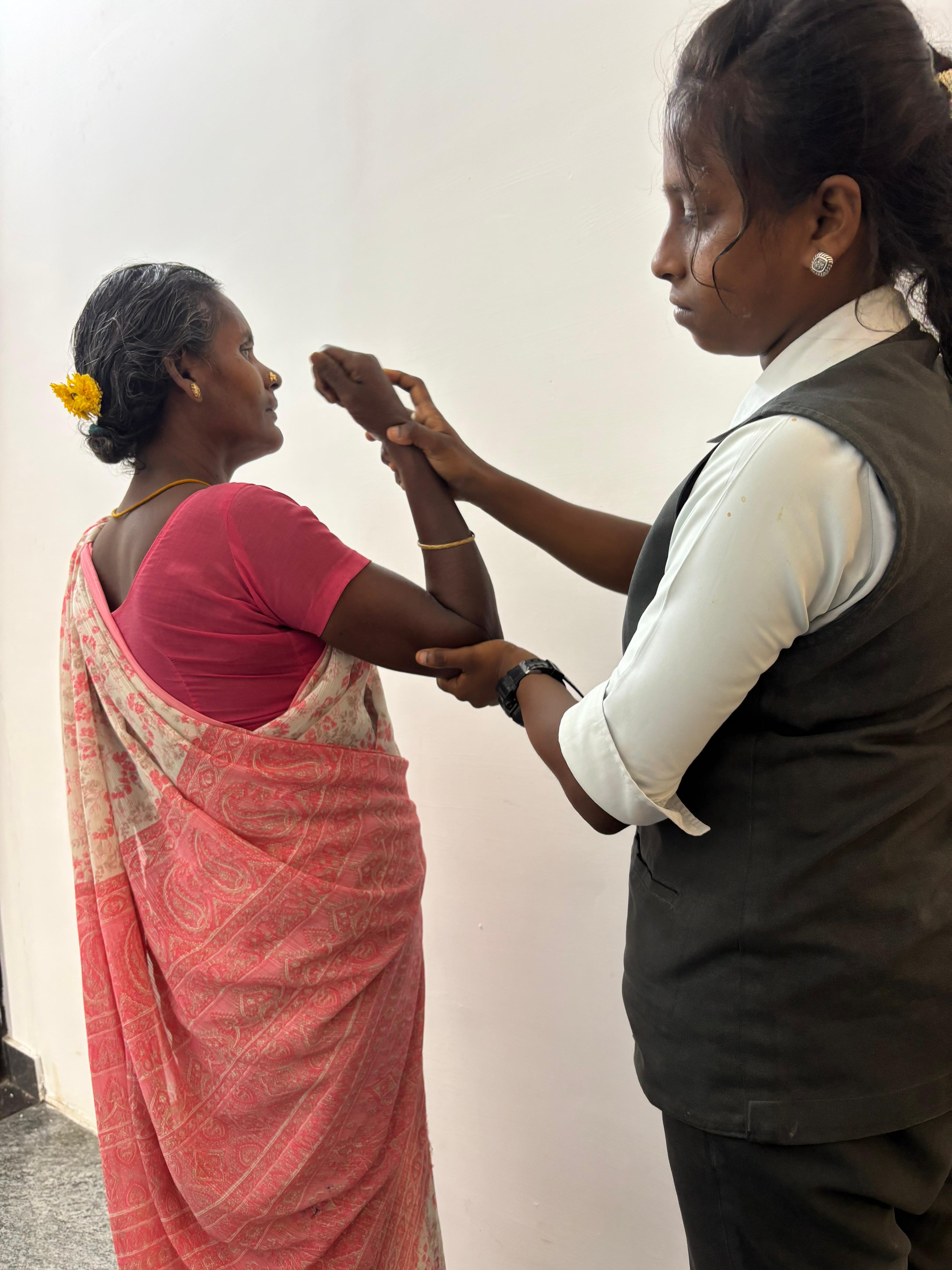Course Objectives
- To develop the skills needed to address impairments that affect body structures and functions, resulting in activity limitations and participation restrictions.
- To learn to remediate impairments, enhance mobility, promote functional recovery, and improve quality of life.
- To gain a strong understanding of electrotherapy procedures used in physiotherapy practice.
- To learn how to effectively apply these techniques in the treatment of various conditions.
- To conduct thorough clinical assessments to identify impairments and design appropriate therapeutic interventions.
- To set individualized therapeutic objectives, develop tailored strategies, and recommend procedural interventions based on the patient's potential for recovery.
- To learn the practical use of electrotherapy and exercise therapy to address specific disease conditions.
- To understand the biomechanics of normal and pathological gaits, along with the appropriate use of walking aids.
- To foster transparent communication with patients and clients to ensure effective treatment outcomes.
- To develop a positive, respectful, and honest attitude towards colleagues and other professional partners.
- To adhere to the code of ethics and regulations governing the practice of physiotherapy.
- To maintain professional integrity and commitment to high standards of care throughout clinical practice.
.png)


